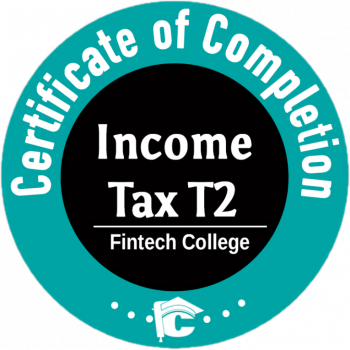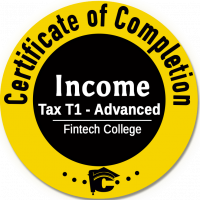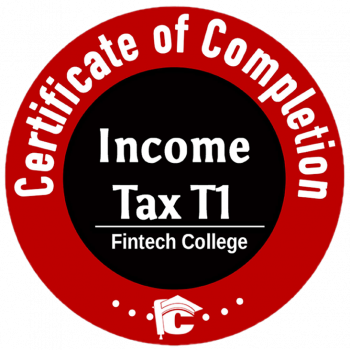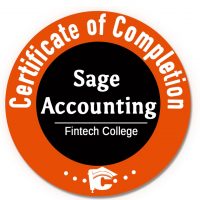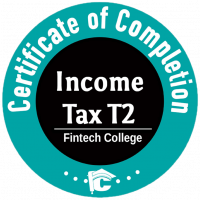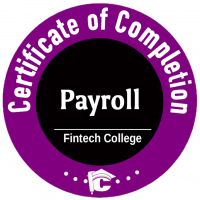Active Income
- Active Business Income (ABI) is income that is generated from a business source and includes any income incidental to your business.
- For example, if you own a Canadian Controlled Private Corporation (CCPC) that operates an appliance manufacturing business, any income derived from selling of appliances or parts is considered ABI. If you sell your appliances on credit and earn interest on your accounts receivables, the interest would be considered incidental to the business and be ABI as well.
- When you have surplus cash in your corporation and you have determined the business will need the funds at some point in the short-term (e.g. working capital), you may consider investing the excess funds within your corporation in order to maximize the value of your surplus cash. The investment income generated from this surplus cash may be considered incidental to your business and therefore be taxed as ABI since the cash is required for a business purpose.
- ABI could also include profits earned from an adventure or concern in the nature of trade. This is a general principal that if a person or corporation usually performs an activity which could generate a profit, then they are carrying on a trade or business even if these activities may be separate and apart from their ordinary business. Using the previous example, if your corporation’s main business is manufacturing ice skates but it habitually buys and sells real estate, its real estate endeavors may be considered an adventure or concern in the nature of trade and the gains derived from buying and selling real estate will be considered ABI.
- ABI typically does not include investment income since investment income is generally considered passive income. ABI also generally does not include income from a specified investment business (SIB), or income from a personal services business (PSB).
Passive Income
- Investment income (which includes dividend income, interest income, foreign income, rental income, royalty income and taxable capital gains) earned in a corporation is taxed as passive income.
- This is especially the case where funds accumulated in the corporation are invested from after tax profits that are in excess of what is required to operate the business.
- Whether this surplus cash is invested in your operating company or your holding company, it would be taxed as passive income.
Passive income earned inside a corporation is subject to higher rates of tax than active business income (ABI).
Our Income Tax T2 covers the above topic and much more. Find details here https://www.fintechsolutions.ca/the-professional-corporate-canadian-income-tax-course/
Federal and Provincial/Territorial Tax Rates for Income Earned by a CCPC – 2021 and 2022
| Federal / Province | Small Business (CCPC) | Investment Income – CCPC |
| Federal | 9% + | 38.7% + |
| Alberta | 2% | 8% |
| BC | 2% | 12% |
| Manitoba | 0% | 12% |
| New Brunswick | 2.5% | 14% |
| Newfoundland & Labrador | 3% | 15% |
| Nova Scotia | 2.5% | 14% |
| Northwest Territories | 2% | 11.5% |
| Nunavut | 3% | 12% |
| Ontario | 3.2% | 11.5% |
| Prince Edward Island | 2% | 16% |
| Quebec | 4% | 11.5% |
| Saskatchewan | 1% | 12% |
| Yukon | 0% | 12% |
Source: https://home.kpmg/ca/en/home/services/tax/canadian-corporate-tax-tables.html


